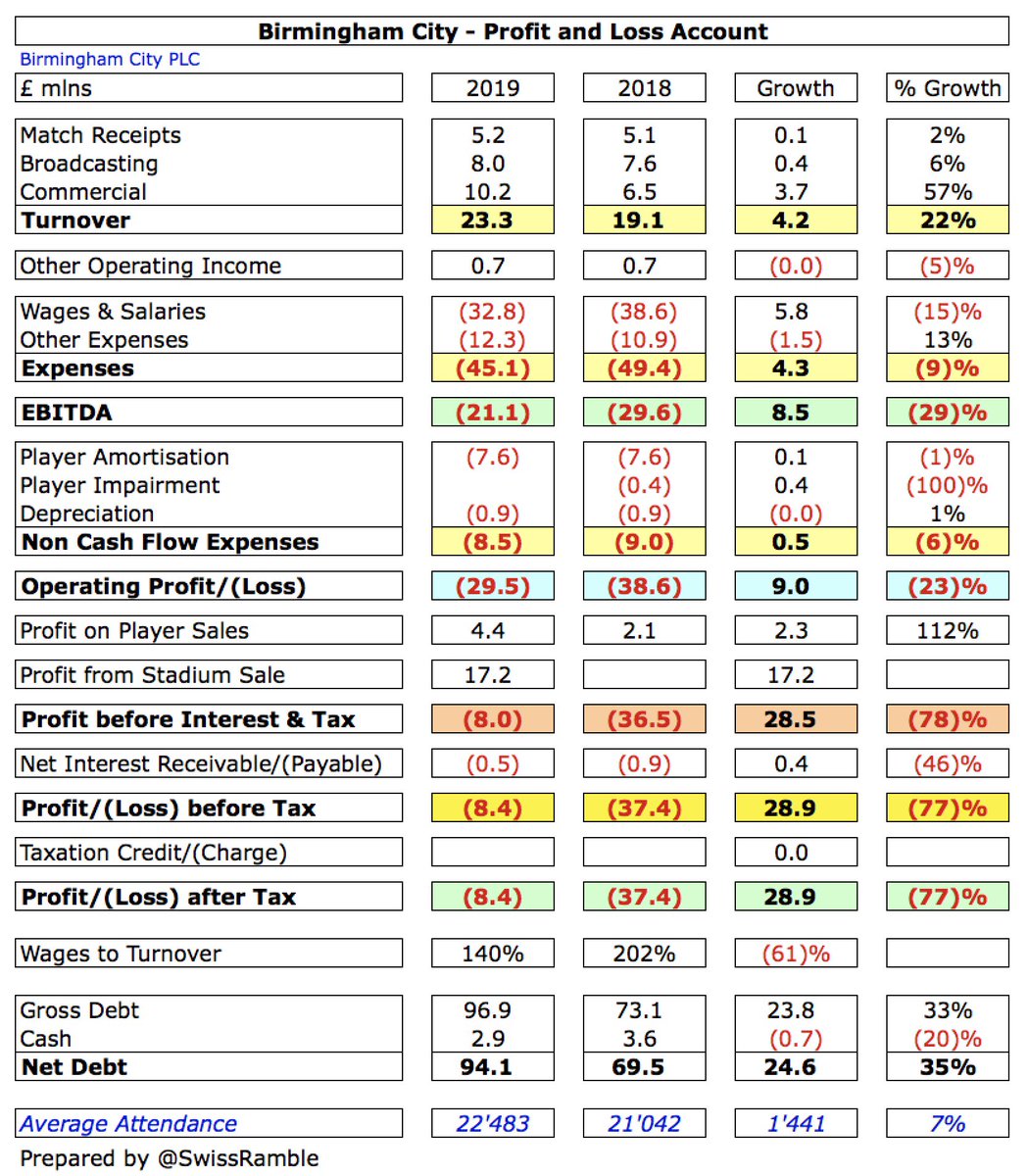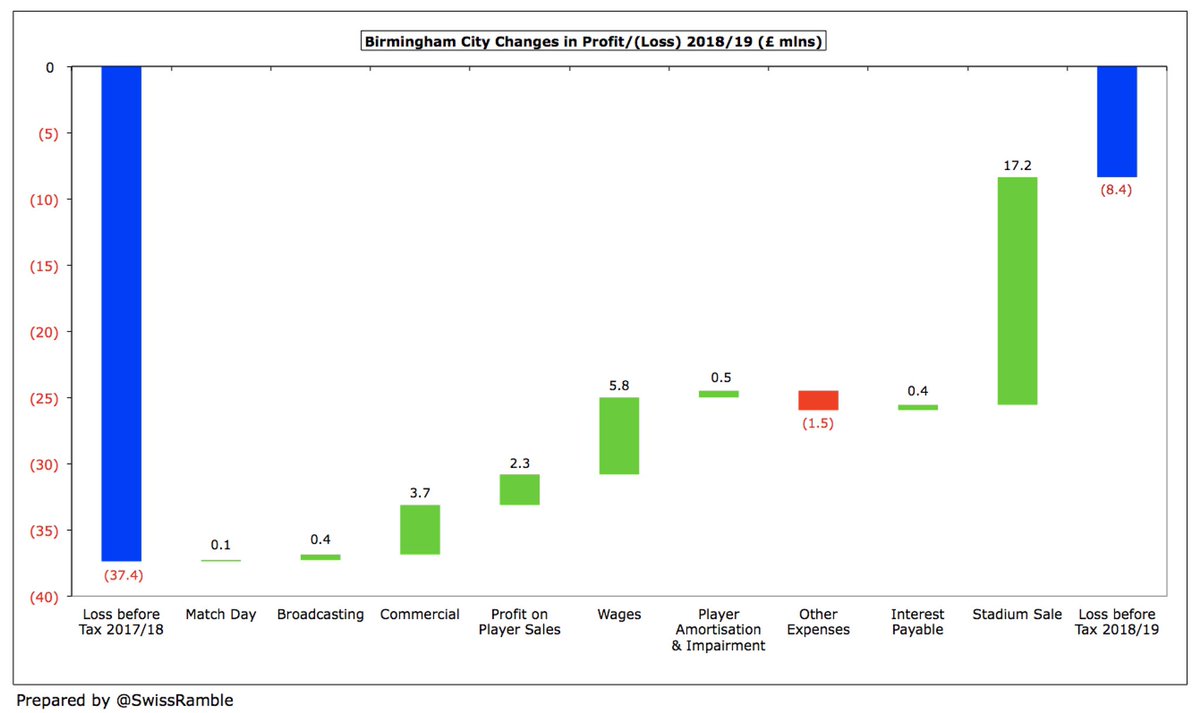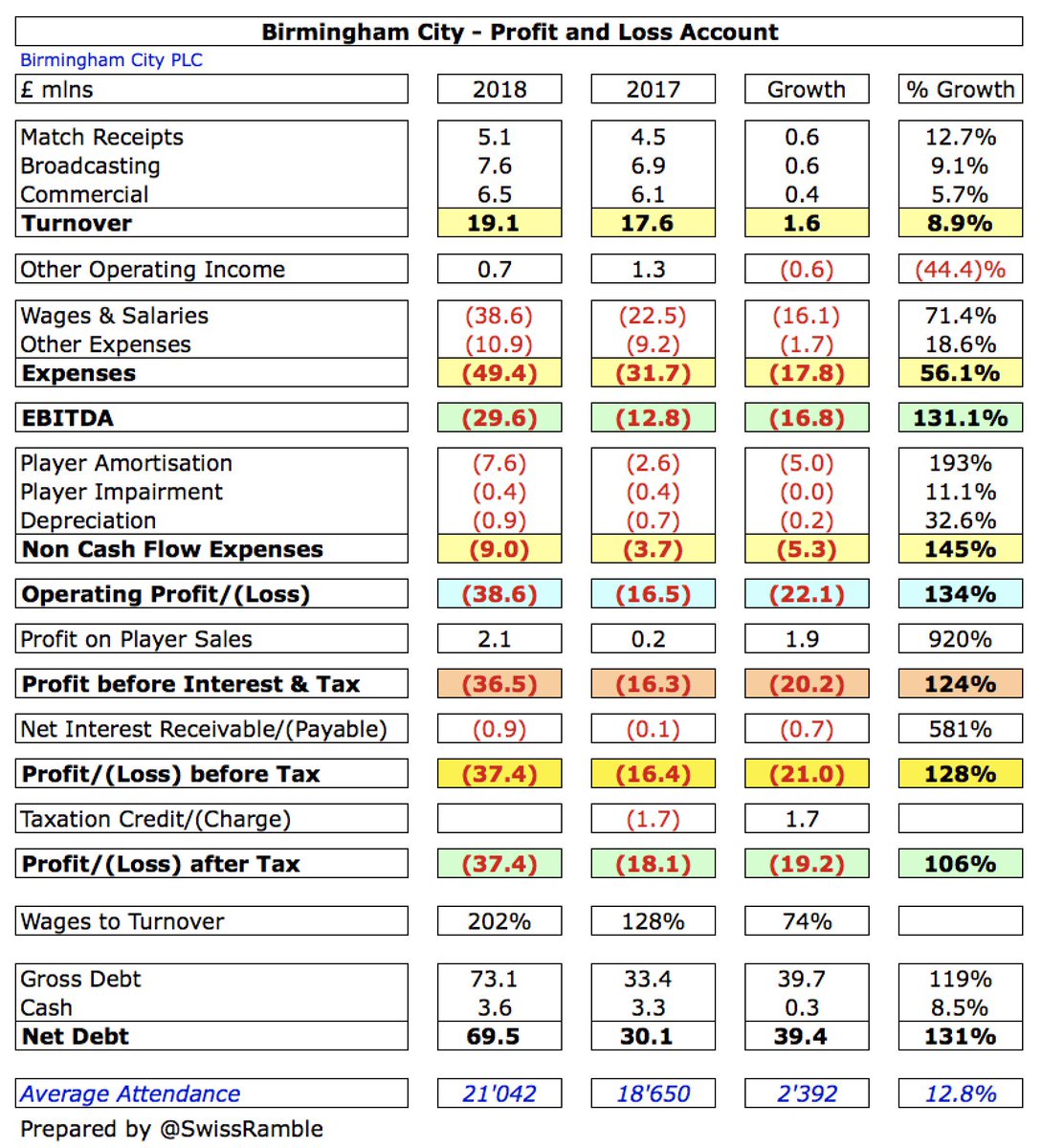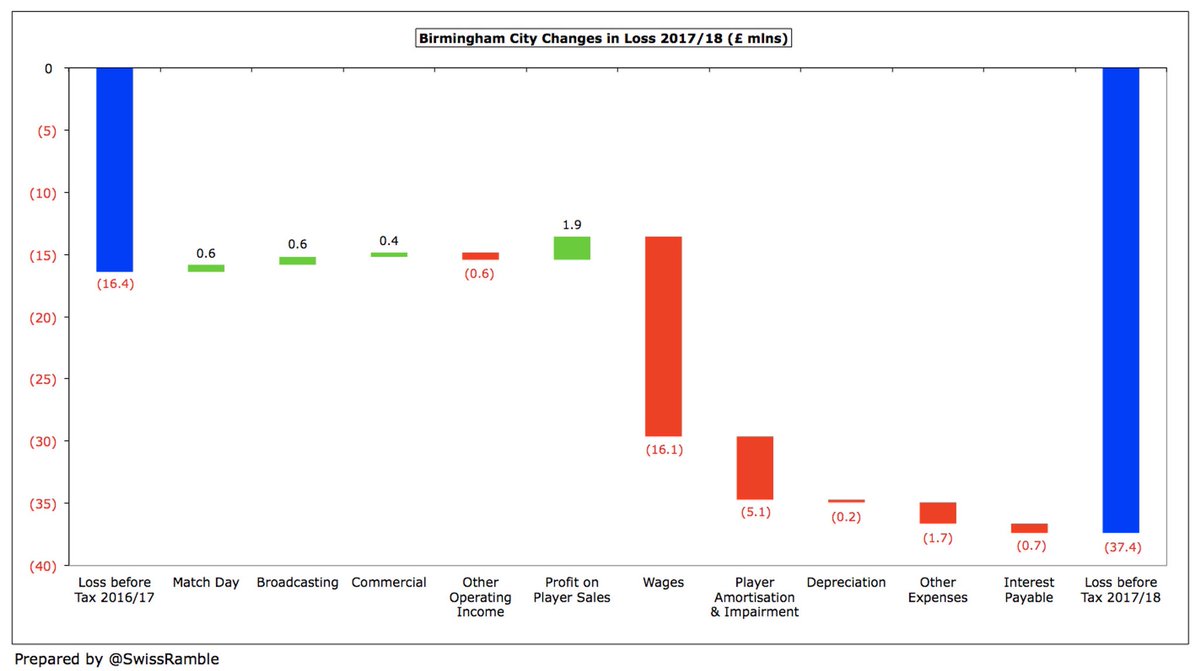16 April 1963
My Dear Fellow Clergymen:
While confined here in the Birmingham city jail, I came across your recent statement calling my present activities 'unwise and untimely.’
If I sought to answer all the criticisms that cross my desk, my secretaries would have little time for anything other than such correspondence in the course of the day, and I would have no time for constructive work.
Frequently we share staff, educational and financial resources with our affiliates.
We readily consented, and when the hour came we lived up to our promise.
Injustice anywhere is a threat to justice everywhere.
Whatever affects one directly, affects all indirectly.
Anyone who lives inside the United States can never be considered an outsider anywhere within its bounds.
But your statement, I am sorry to say, fails to express a similar concern for the conditions that brought about the demonstrations.
We have gone through all these steps in Birmingham.
Birmingham is probably the most thoroughly segregated city in the United States.
Its ugly record of brutality is widely known.
These are the hard, brutal facts of the case.
But the latter consistently refused to engage in good faith negotiation.
In the course of the negotiations, certain promises were made by the merchants--for example, to remove the stores' humiliating racial signs.
As the weeks and months went by, we realized that we were the victims of a broken promise.
We began a series of workshops on nonviolence, and we repeatedly asked ourselves: 'Are you able to accept blows without retaliating?'
'Are you able to endure the ordeal of jail?'
Having aided in this community need, we felt that our direct action program could be delayed no longer.
'Why direct action? Why sit ins, marches and so forth? Isn't negotiation a better path?'
You are quite right in calling for negotiation. Indeed, this is the very purpose of direct action.
It seeks so to dramatize the issue that it can no longer be ignored.
But I must confess that I am not afraid of the word 'tension.'
I therefore concur with you in your call for negotiation.
Some have asked: 'Why didn't you give the new city administration time to act?’
While Mr. Boutwell is a much more gentle person than Mr. Connor, they are both segregationists, dedicated to maintenance of the status quo.
Lamentably, it is an historical fact that privileged groups seldom give up their privileges voluntarily.
This ‘Wait' has almost always meant ‘Never.'
We must come to see, with one of our distinguished jurists, that ‘justice too long delayed is justice denied.'
The nations of Asia and Africa are moving with jetlike speed toward gaining political independence, but we still creep at horse and buggy pace toward gaining a cup of coffee at a lunch counter.
‘Wait.'
then you will understand why we find it difficult to wait.
I hope, sirs, you can understand our legitimate and unavoidable impatience.
This is certainly a legitimate concern.
'How can you advocate breaking some laws and obeying others?'
I would be the first to advocate obeying just laws. One has not only a legal but a moral responsibility to obey just laws.
I would agree with St. Augustine that 'an unjust law is no law at all.'
An unjust law is a code that is out of harmony with the moral law.
An unjust law is a human law that is not rooted in eternal law and natural law.
All segregation statutes are unjust because segregation distorts the soul and damages the personality.
Is not segregation an existential expression of man's tragic separation, his awful estrangement, his terrible sinfulness?
and I can urge them to disobey segregation ordinances, for they are morally wrong.
An unjust law is a code that a numerical or power majority group compels a minority group to obey but does not make binding on itself.
This is difference made legal.
This is sameness made legal.
A law is unjust if it is inflicted on a minority that, as a result of being denied the right to vote, had no part in enacting or devising the law.
Now, there is nothing wrong in having an ordinance which requires a permit for a parade.
In no sense do I advocate evading or defying the law, as would the rabid segregationist. That would lead to anarchy.
It was evidenced sublimely in the refusal of Shadrach, Meshach and Abednego to obey the laws of Nebuchadnezzar, on the ground that a higher moral law was at stake.
Even so, I am sure that, had I lived in Germany at the time, I would have aided and comforted my Jewish brothers.
who paternalistically believes he can set the timetable for another man's freedom;
Lukewarm acceptance is much more bewildering than outright rejection.
We merely bring to the surface the hidden tension that is already alive.
We bring it out in the open, where it can be seen and dealt with.
But is this a logical assertion?
Society must protect the robbed and punish the robber.
He writes: 'All Christians know that the colored people will receive equal rights eventually, but it is possible that you are in too great a religious hurry.
Such an attitude stems from a tragic misconception of time —
Actually, time itself is neutral; it can be used either destructively or constructively.
We will have to repent in this generation not merely for the hateful words and actions of the bad people but for the appalling silence of the good people.
the time is always ripe to do right.
Now is the time to lift our national policy from the quicksand of racial injustice to the solid rock of human dignity.
At first I was rather disappointed that fellow clergymen would see my nonviolent efforts as those of an extremist.
It is expressed in the various black nationalist groups that are springing up across the nation, the largest and best known being Elijah Muhammad's Muslim movement.
For there is the more excellent way of love and nonviolent protest.
If this philosophy had not emerged, by now many streets of the South would, I am convinced, be flowing with blood.
The yearning for freedom eventually manifests itself, and that is what has happened to the American Negro.
If one recognizes this vital urge that has engulfed the Negro community, one should readily understand why public demonstrations are taking place.
So let him march; let him make prayer pilgrimages to the city hall;
If his repressed emotions are not released in nonviolent ways, they will seek expression through violence; this is not a threat but a fact of history.
Rather, I have tried to say that this normal and healthy discontent can be channeled into the creative outlet of nonviolent direct action.
And now this approach is being termed extremist.
'Let justice roll down like waters and righteousness like an ever flowing stream.'
Was not Martin Luther an extremist: 'Here I stand; I cannot do otherwise, so help me God.'
And Abraham Lincoln: 'This nation cannot survive half slave and half free.’
& Jefferson: 'We hold these truths to be self evident, that all men are created equal . . .'
Will we be extremists for hate or for love? Will we be extremists for the preservation of injustice or for the extension of justice?
We must never forget that all three were crucified for the same crime--the crime of extremism. Two were extremists for immorality, and thus fell below their environment.
Perhaps the South, the nation and the world are in dire need of creative extremists.
Perhaps I was too optimistic; perhaps I expected too much.
They are still all too few in quantity, but they are big in quality.
Others have marched with us down nameless streets of the South.
I have been so greatly disappointed with the white church and its leadership.
I am not unmindful of the fact that each of you has taken some significant stands on this issue.
I commend the Catholic leaders of this state for integrating Spring Hill College several years ago.
I say this as a minister of the gospel, who loves the church;
I felt that the white ministers, priests and rabbis of the South would be among our strongest allies.
But again I have been disappointed.
'Follow this decree because integration is morally right and because the Negro is your brother.'
'Those are social issues, with which the gospel has no real concern.'
I have beheld the impressive outlines of her massive religious education buildings.
'What kind of people worship here? Who is their God? Where were their voices when the lips of Governor Barnett dripped with words of interposition and nullification?
Where were their voices of support when bruised and weary Negro men and women decided to rise from the dark dungeons of complacency to the bright hills of creative protest?’
In deep disappointment I have wept over the laxity of the church. But be assured that my tears have been tears of love.
There can be no deep disappointment where there is not deep love.
Yes, I see the church as the body of Christ.
But, oh! How we have blemished and scarred that body through social neglect and through fear of being nonconformists.
Small in number, they were big in commitment. They were too God-intoxicated to be 'astronomically intimidated.’
Things are different now.
So often the contemporary church is a weak, ineffectual voice with an uncertain sound.
Far from being disturbed by the presence of the church, the power structure of the average community is consoled by the church's silent--and often even vocal--sanction of things as they are.
They have gone down the highways of the South on tortuous rides for freedom.
Yes, they have gone to jail with us.
But even if the church does not come to the aid of justice, I have no despair about the future.
We will reach the goal of freedom in Birmingham and all over the nation, because the goal of America is freedom.
Before the pilgrims landed at Plymouth, we were here.
Before the pen of Jefferson etched the majestic words of the Declaration of Independence across the pages of history, we were here.
We will win our freedom because the sacred heritage of our nation and the eternal will of God are embodied in our echoing demands.
You warmly commended the Birmingham police force for keeping 'order' and 'preventing violence.'
if you were to see them slap and kick old Negro men and young boys;
I cannot join you in your praise of the Birmingham police department.
In this sense they have conducted themselves rather ‘nonviolently' in public.
But for what purpose?
Over the past few years I have consistently preached that nonviolence demands that the means we use must be as pure as the ends we seek.
But now I must affirm that it is just as wrong, or perhaps even more so, to use moral means to preserve immoral ends.
'The last temptation is the greatest treason: To do the right deed for the wrong reason.'
'My feets is tired, but my soul is at rest.'
I'm afraid it is much too long to take your precious time.
I also hope that circumstances will soon make it possible for me to meet each of you, not as an integrationist or a civil-rights leader but as a fellow clergyman and a Christian brother.
Martin Luther King, Jr."








